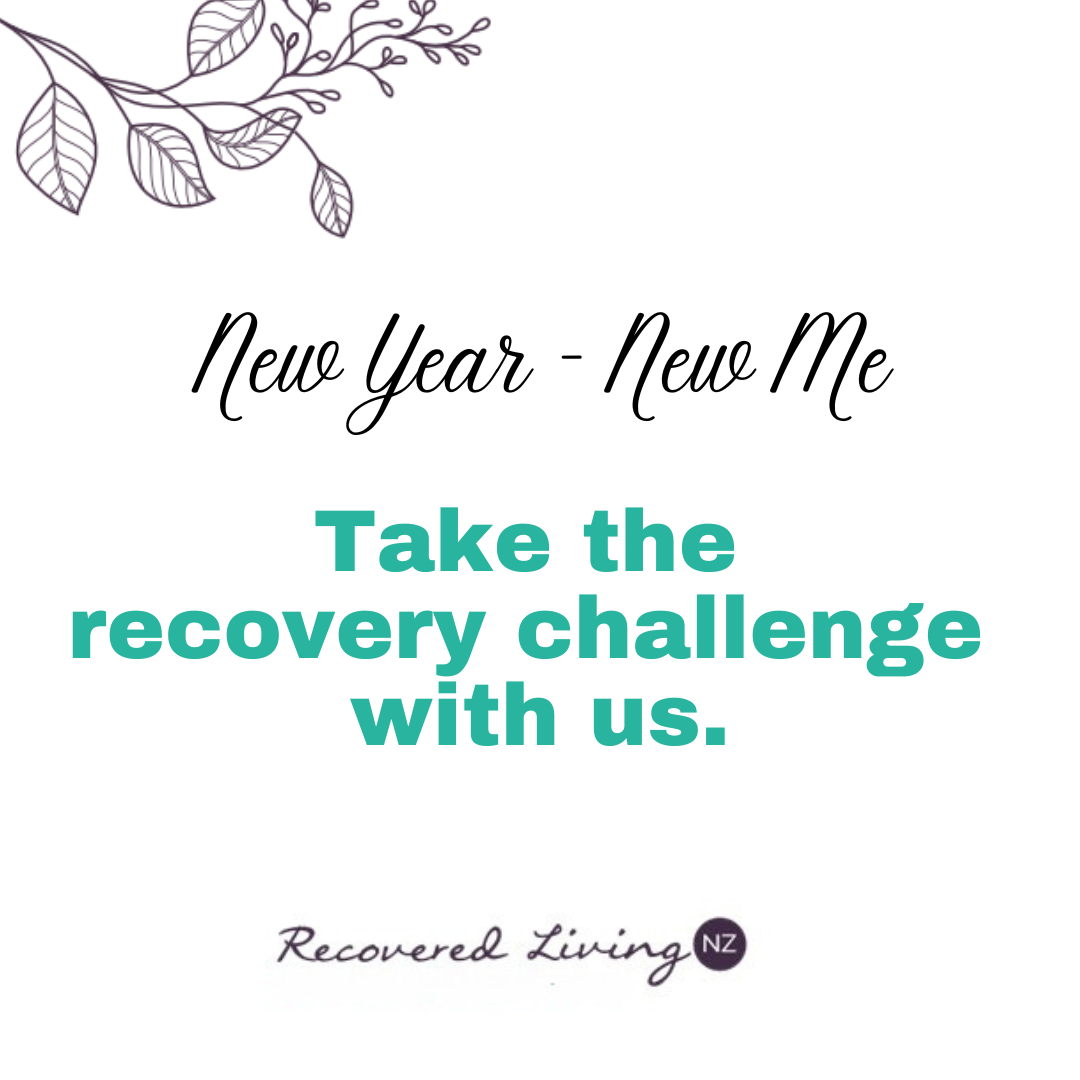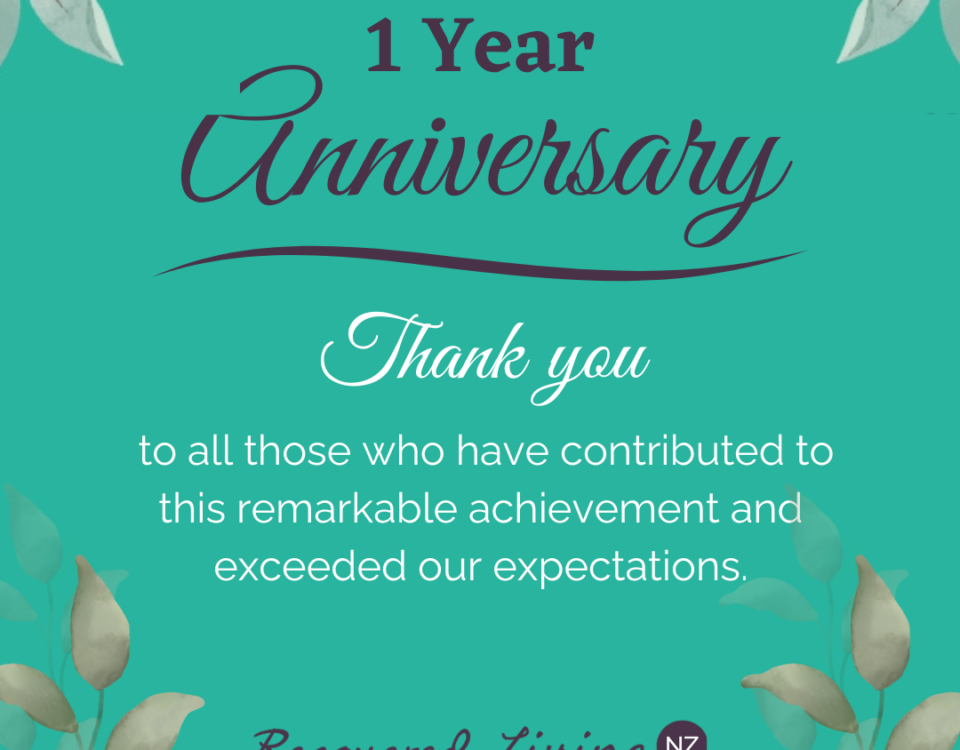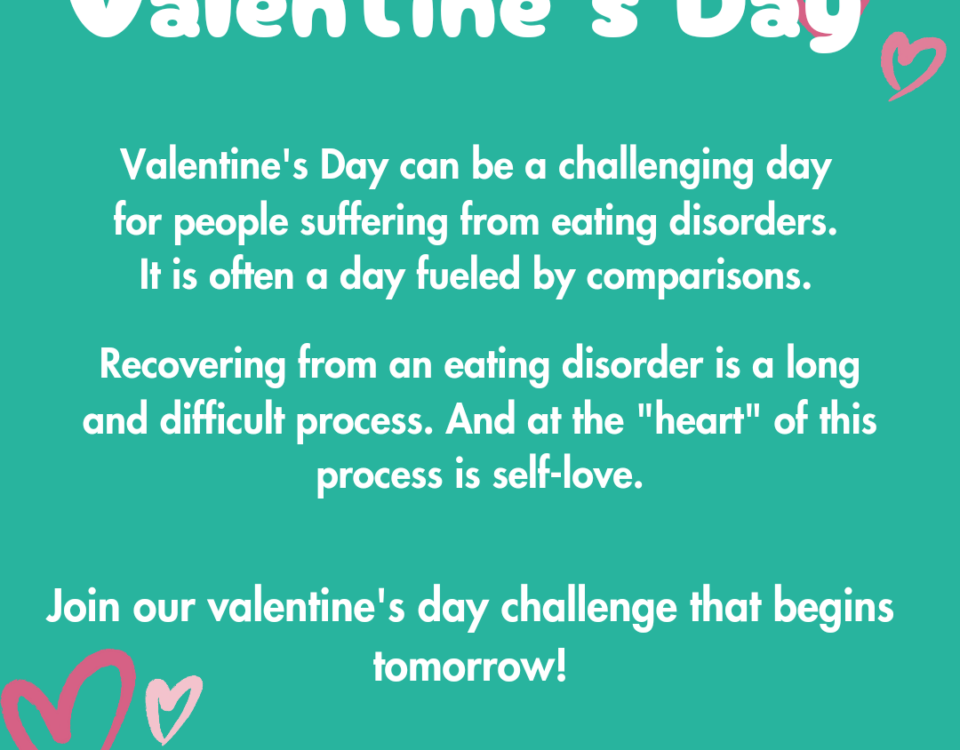New Year Resolutions and Eating Disorders
Often, New Year’s resolutions are based on dieting, weight loss and gym memberships. For many people, this is not a problem, but for people who suffer from an eating disorder or are in recovery from one, this makes New Year’s a very overwhelming and stressful time.
With the New Year right around the corner, it can often feel like everyone is talking about their next “resolution.” Some of the most common resolutions involve weight loss, dieting, and exercising. It is prime time for the dieting industry, and they prey on consumer’s desire to get “healthier” in the New Year. Many of the diets that attract people for their New Year’s resolutions are dangerous “fad diets” that make the promise of quick weight loss. These diets often limit the consumption of large amounts of food or radically restrict caloric intake, which can cause low energy levels, weakness, nutrient deficiencies, and overall hangriness.
Other diet culture messaging in the New Year can be more subtle, things like eating less processed foods and focusing more on fruits and vegetables. While on the surface level, these sound like healthy things to do, it is important to remember that any of these external messages take us away from our body’s internal wisdom, and sometimes it is the right choice to eat more processed foods and less fruits and veggies (such as during early stages of recovery when the body has more difficulty digesting high fibre foods). Because they are poorly aligned with our body’s true needs, the vast majority of these diet culture-influenced resolutions last only a month or so, and for someone with an eating disorder, they can create a spiral of behaviours that are difficult to get out of.
This year, when those resolutions start to surround you, we encourage you to set healthy boundaries to protect your recovery. This can include unfollowing social media accounts, telling family members and friends that discussing their new diet and exercise goals is not helpful, and taking an alternative route home from work to avoid passing any advertising for a new gym’s fitness challenge.
And, instead of creating your own dieting resolution for 2024, use the opposite action and set goals for all the things you want to do in recovery!
Take the recovery challenge with us. What are 5 Recovery Goals you have for the next year? Unsure? Here are some fun recovery goals our clients have worked on in past years.
- Allowing myself to get an appetiser and a dessert at a restaurant because they sound good.
- Eating chocolate squares when the craving arises, even if it is not at a planned meal/snack time.
- Baking Grandma’s famous cheesecake recipe without substituting low-fat ingredients.
- Donating my sick clothes to charity.
- Trying out a new dance class and allowing myself to have fun even if I feel I am not the best at it.






